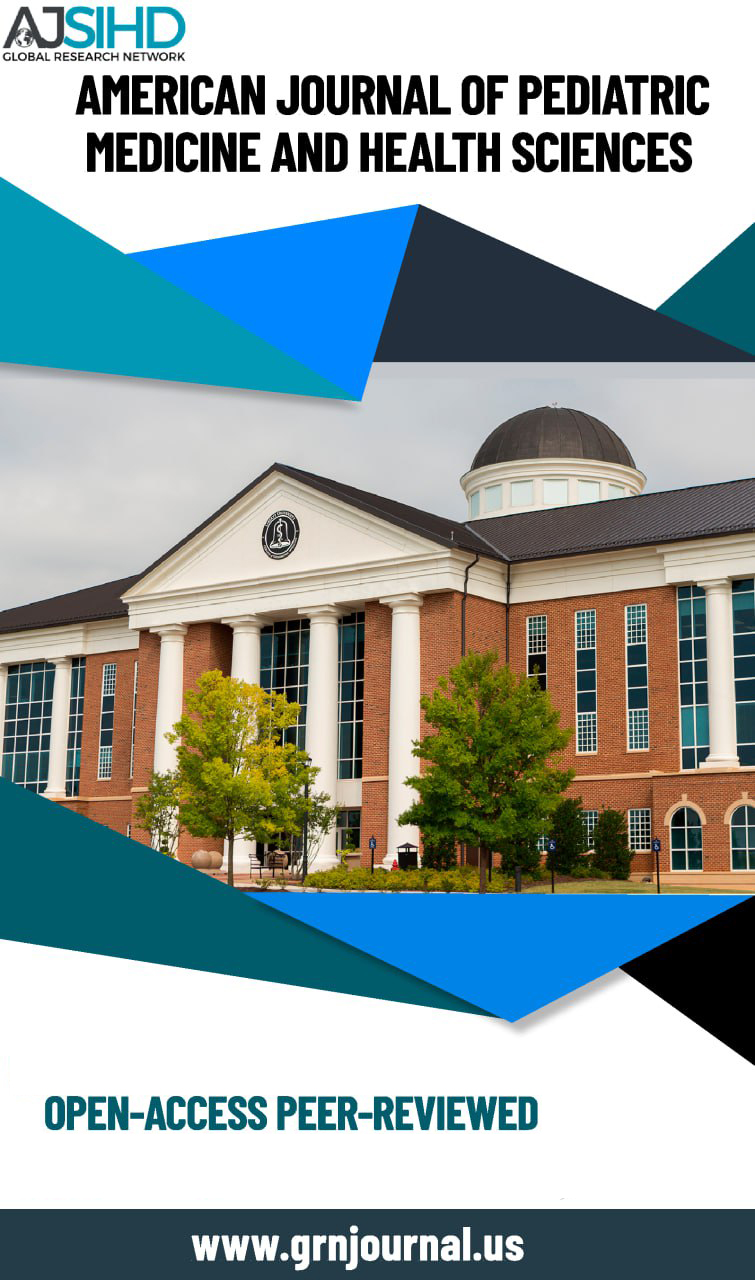The Significance Of Anti-Esterogen And Progesterone Antibodies As A Risk Factor In Premature Rupture Of Amniotic Fluid
Abstract
Premature amniocentesis occurs in 3% of all pregnancies. 50% of preterm births are caused by premature outflow of amniotic fluid.
Most unexplained complications during pregnancy can be attributed to the mother's aggressive immune response to the fetus. According to the authors of our country, estrogen and progesterone are involved in both specialized and non-specialized reactions of the body. Due to the stable action of these hormones, antifetal immune responses are prevented and a sufficient level of antimicrobial resistance in the mother's body is ensured. In the studies of K.S. Krasilnikova, the relative risk of fetal pathology increases by 2-7 times at high levels of antibodies compared to estrogen and progesterone. Foreign authors have information about the role of antibodies to PG in the genesis of premenstrual syndrome, autoimmune dermatitis, and toxicosis of pregnant women. Antibodies to PG, primary reproductive losses were detected in almost half of the women, and, according to the author, this may be one of the factors leading to early termination of a normal pregnancy.



